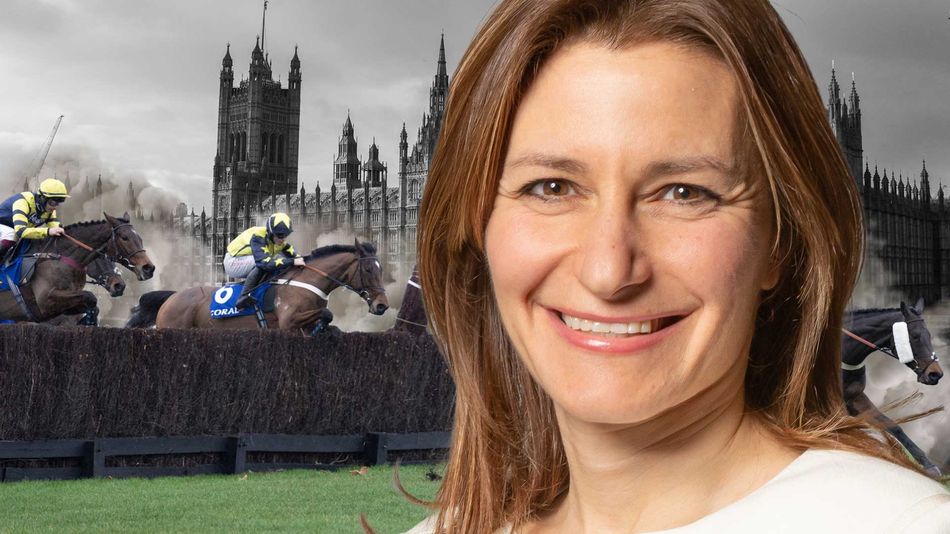
Political Heavyweights Urge Ministers to Eliminate Affordability Checks and Reform Racing Levy
The sports industry is currently awaiting the publication of the Gambling Commission’s response to the consultation on affordability checks, which is also referred to as financial risk checks by the government. The consultation closed last October, and an interim code to standardize the ad hoc checks operators have already introduced is anticipated. Additionally, a frictionless enhanced system of checks is set to be piloted. Racing and its supporters in parliament have expressed concerns about the potential impact of the two-tiered system of checks, which they estimate could cost the sport £250 million in revenues over the next five years.
In a letter sent recently, Lord Herbert expresses gratitude to Frazer for her engagement with colleagues who share concerns about the racing and bloodstock industries regarding the issue of affordability checks and the levy. The letter calls on the government to drop affordability checks or create a carve-out for racing from the checks until the technology for ‘frictionless’ checks is proven. It also proposes that a carve-out would be administratively straightforward as there is already a definition of what bets are covered by the levy. The letter also doubts that the proposed higher thresholds for checks will solve the problem, as it believes that most revenue is generated by wealthier punters who will continue to be driven to the black market if they face intrusive checks.
The government had promised to review the levy to ensure racing did not suffer financially from other proposals when the gambling white paper was published in April. Subsequently, ministers asked racing and betting to come up with a voluntary deal, but an agreement has not yet been reached despite offers and counter offers between the two sides. As per the letter, the government is urged to extend the levy to bets placed in the UK on overseas racing, mirroring how such bets are treated by their competitors. The letter also argues for an increase in the levy rate to 11.25 per cent from ten per cent and believes that both changes to the levy can be achieved by introducing a statutory instrument.
Despite the emphasis on the need for a voluntary deal by the government, the letter contends that the current deal offered by the operators is not beneficial for racing. It asserts that the racing industry will not accept it and advocates for measures to restore the finances of racing and achieve a more just distribution of funds.